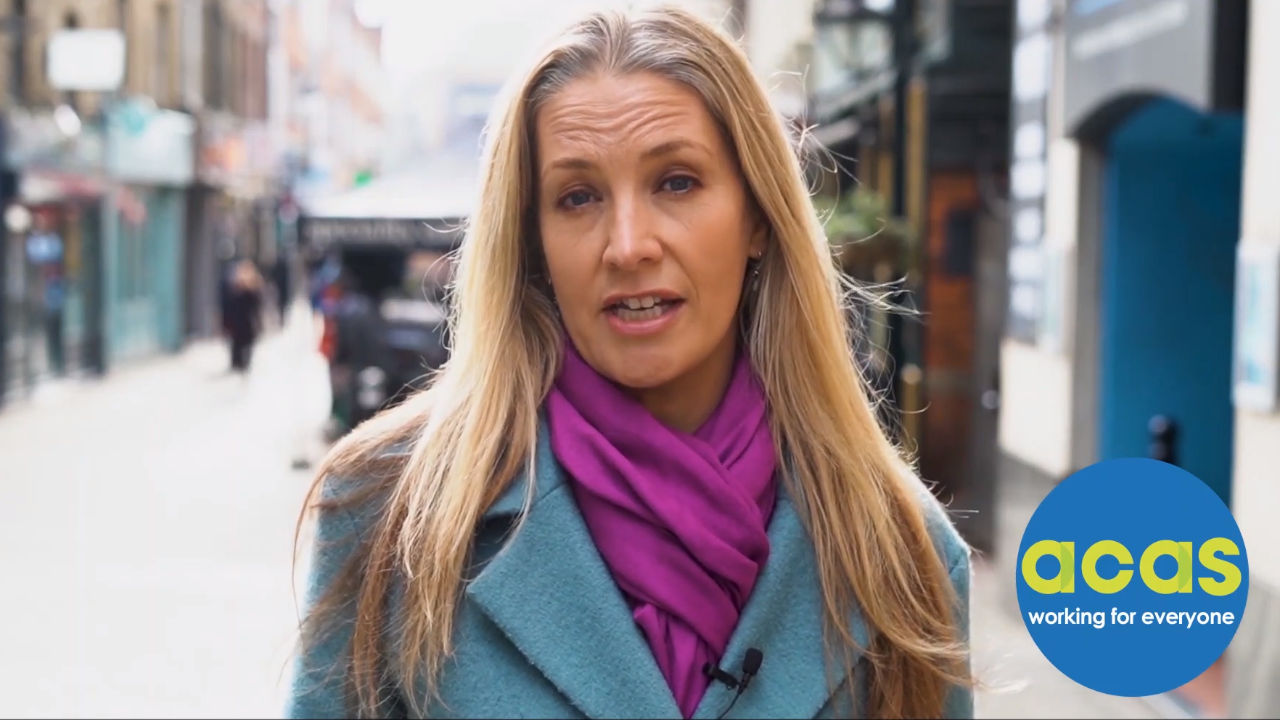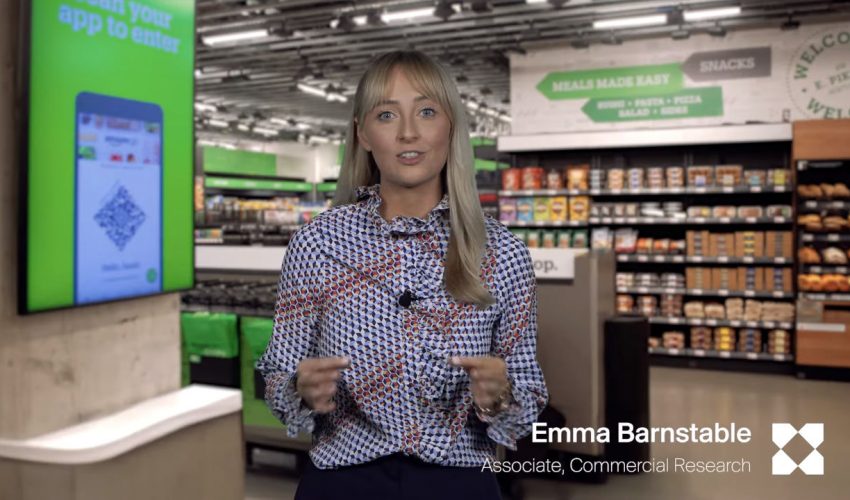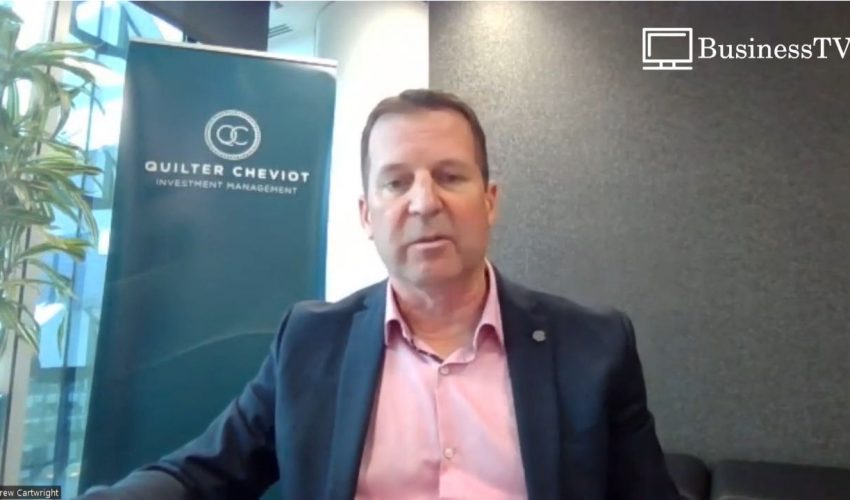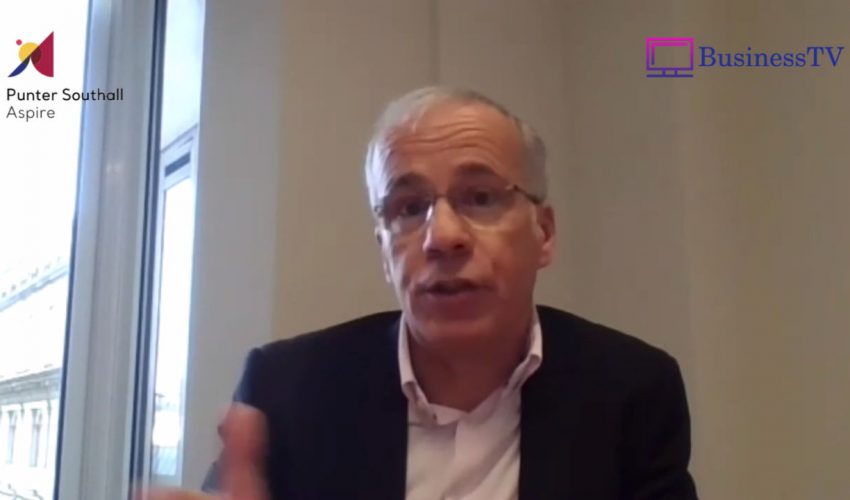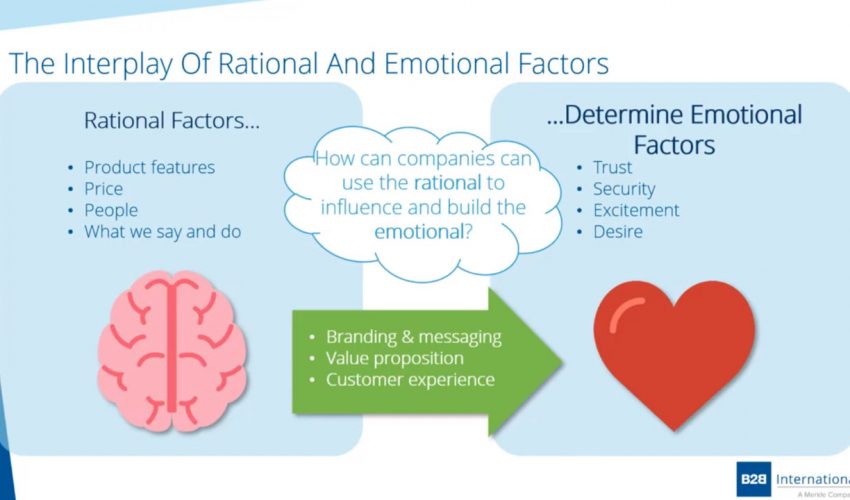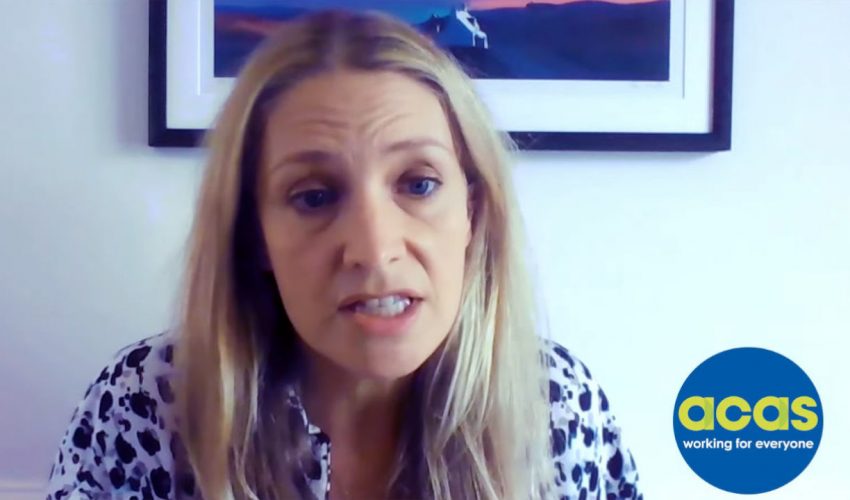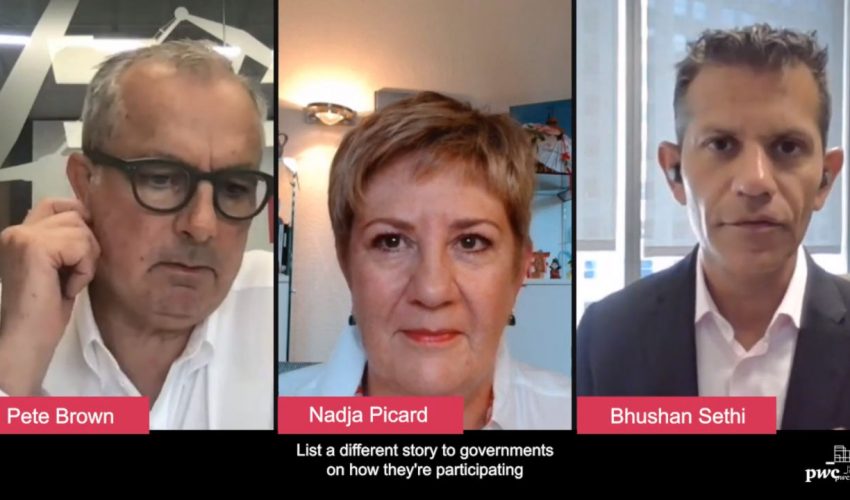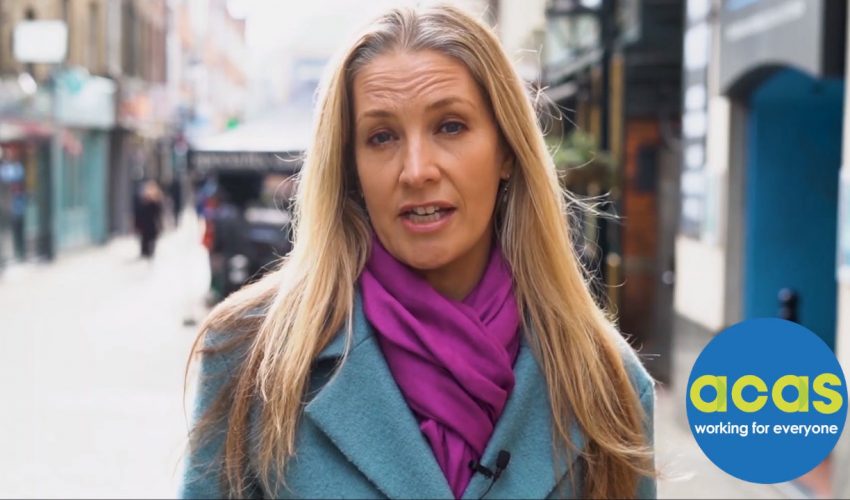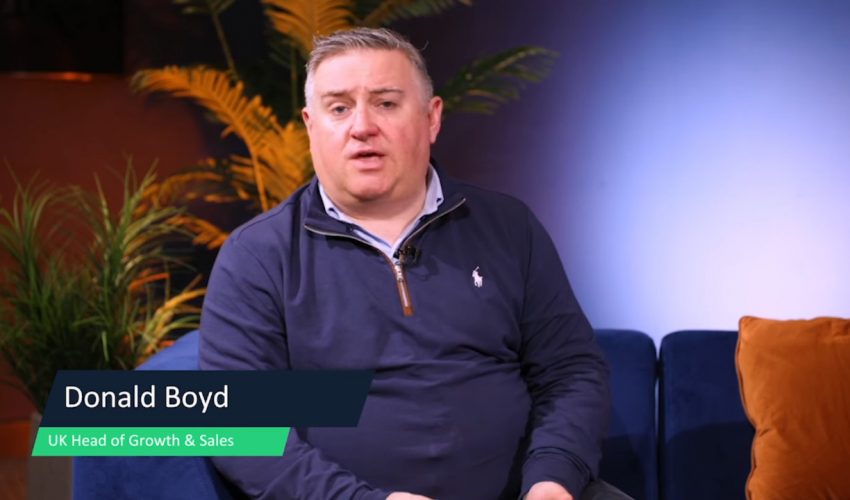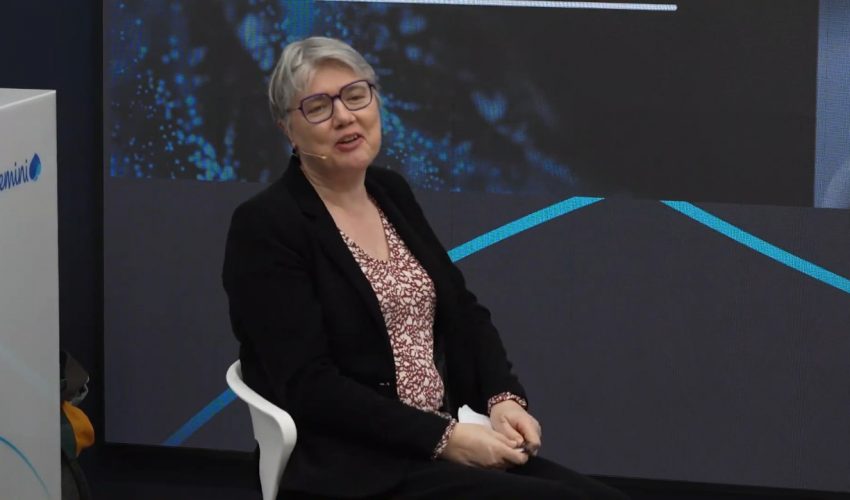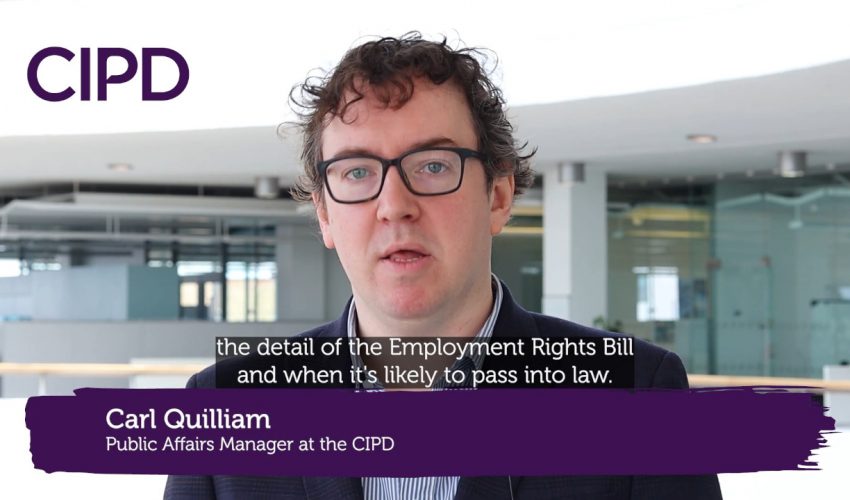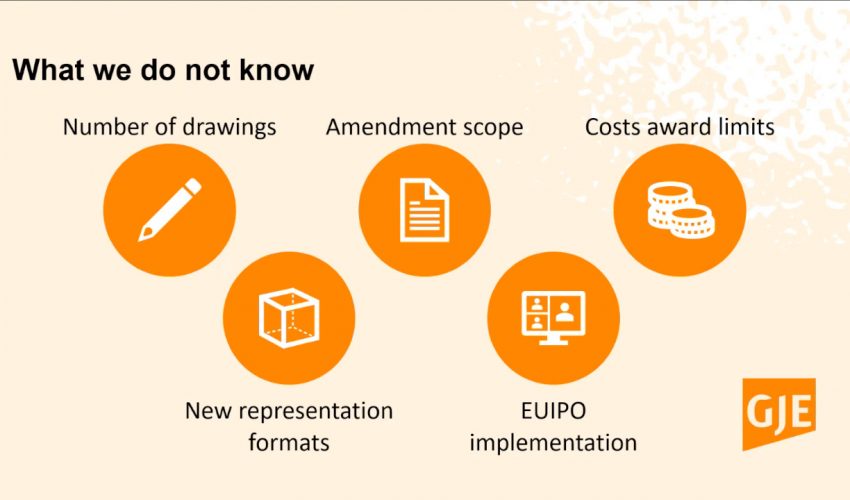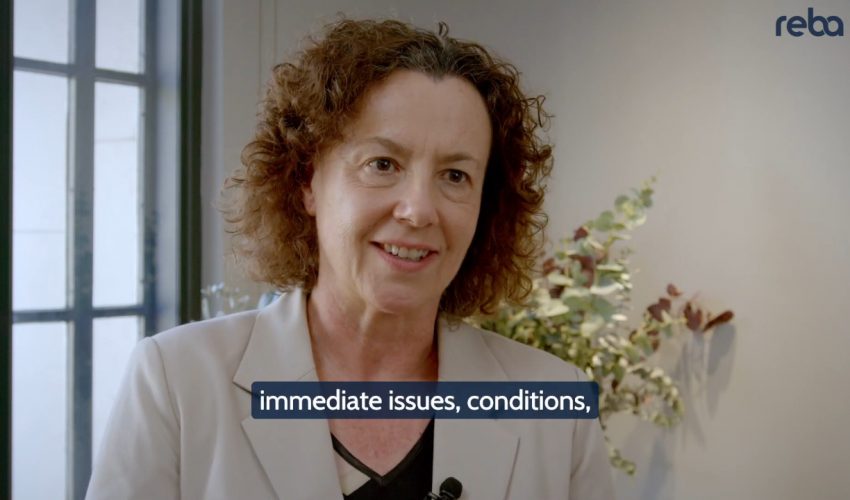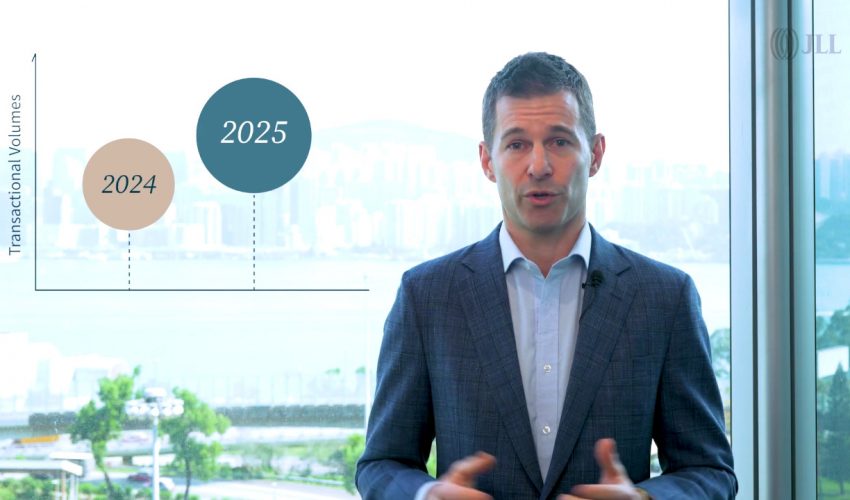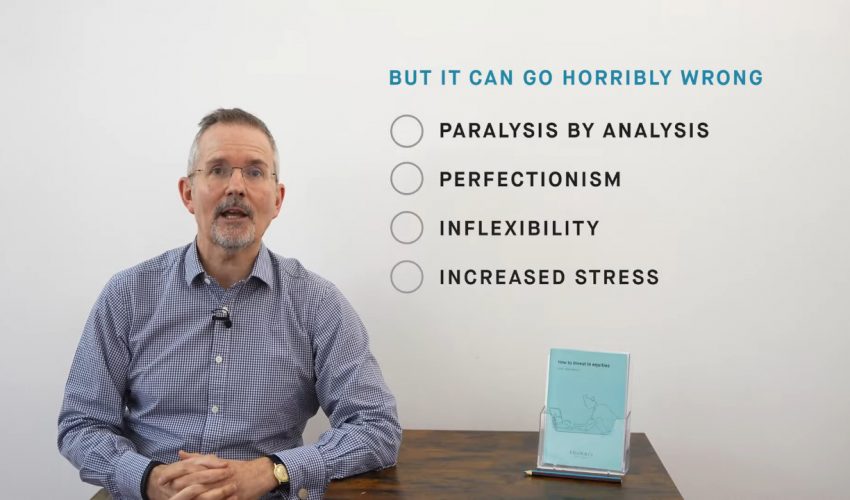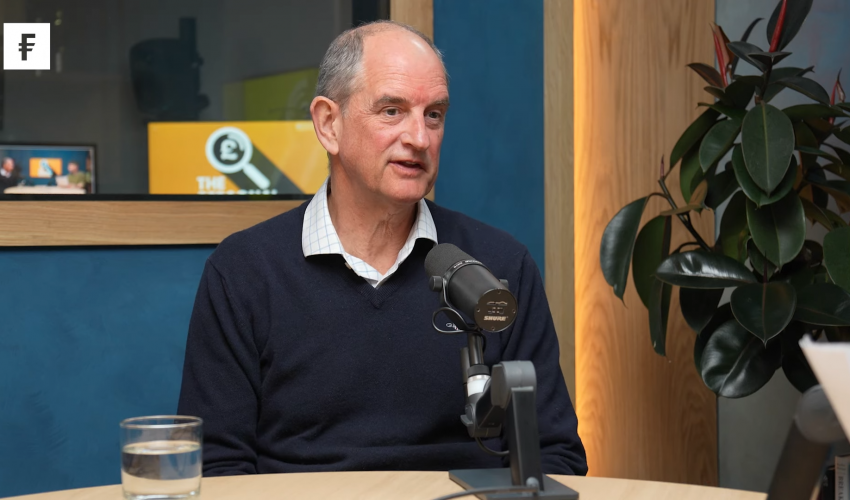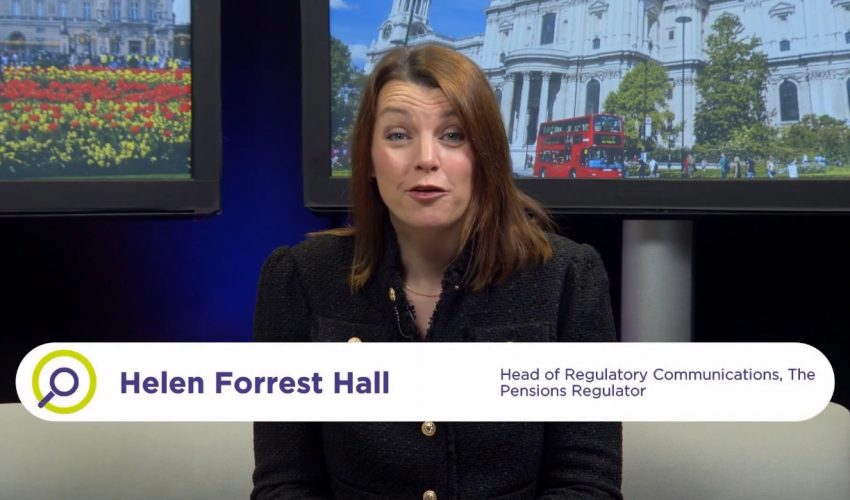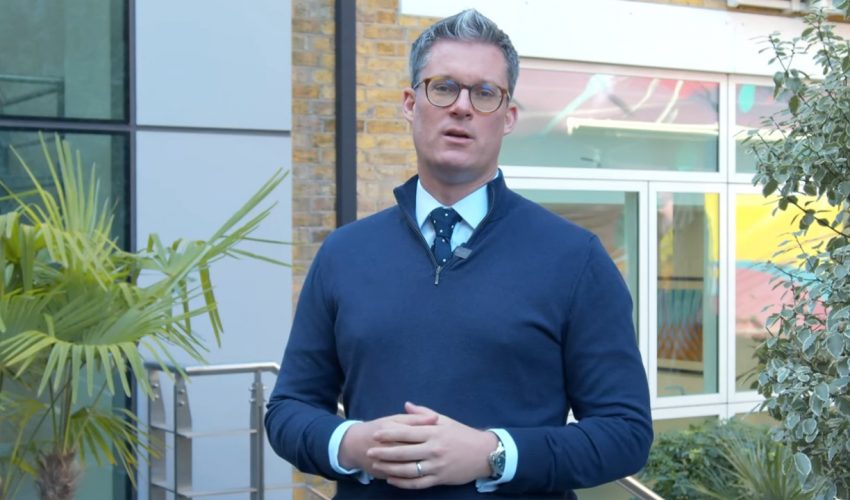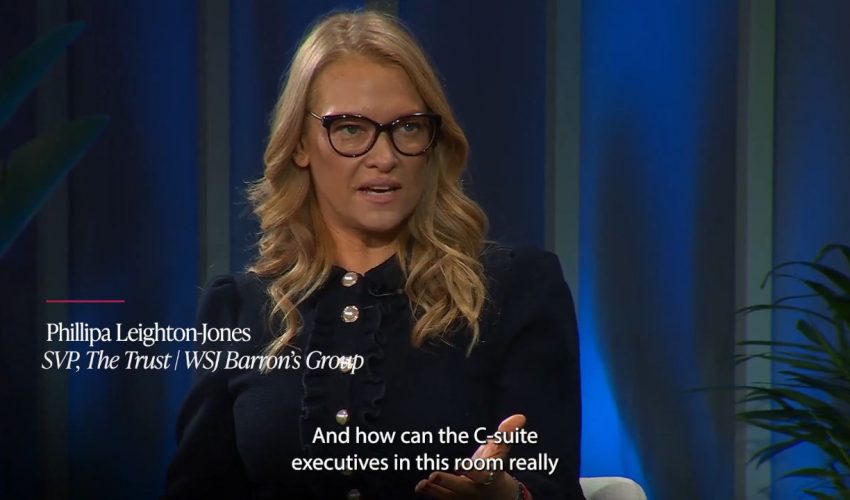Please get in touch with the team at BaringaPartnersLLP through this form
The FCA has unveiled the final rules and associated guidance for a new “Consumer Duty”, which it says will set higher and clearer standards of consumer protection for financial services firms.
We see this as a huge challenge for the financial services industry. While great strides have been made in improving product governance and customer service, there is still a significant amount of work required to ensure good outcomes for consumers.
In our recent survey of 2000 consumers, we found that almost three quarters (72%) do not fully read or understand the terms and conditions of a new financial product before purchasing it, and almost a third (31%) are not satisfied that providers clearly explain the expected value or outcomes to them.
We see five key takeaways for firms to mobilise around the final rules:
1. First, put more onus on the board – The updated policy statement strengthens the onus placed on the board. It introduces expectations that the board will have reviewed and agreed an implementation plan by October 2022, and that there should be a nominated board member responsible for championing the Consumer Duty. If boards are not already engaging with the Consumer Duty and understanding their role, they must act on this immediately.
2. Second, there is going to be more supervision and less consultation – In the final rules and guidance there is shift in emphasis towards stronger and quicker supervision and less close collaboration. This includes reference to substantial engagement and interaction throughout the implementation period, particularly with regards to explicit project milestones, as set out in the policy statement. This is unprecedented for the FCA, and signals a much stronger tone than we’ve experienced before. Firms should be ready for greater engagement and scrutiny of their implementation journey.
3. Third, get clear around the extensive guidance – The policy statement is accompanied by the most substantial set of Finalised Guidance we have seen for a policy of this nature. This may be in response to the significant amount of feedback on the consultation relating to ambiguous or subjective topics such as reasonableness, foreseeable harm, responsibilities in the distribution chain, applicability and scope. Whilst the guidance isn’t prescriptive in nature, it does go a long way to providing firms with the clarity required to make their own interpretations, to then incorporate into a set of design principles.
4. Fourth, understand applicability to legacy products – The policy statement reaffirms that the Consumer Duty applies on a forward-looking basis and also to legacy products which are closed to new business and renewals. The enhanced requirements do not apply on a retrospective basis. This is consistent with the Consultation Paper and therefore does not help firms who are concerned about the feasibility of applying such an approach in practice. The policy statement has, however, clarified that firms who have purchased books of business from other firms, will be considered “manufacturers” under their definition, even though they did not originally “manufacture” the product. Firms should use this additional clarity to assess the applicability of the Duty to the end-to-end distribution chain and legacy products.
5. Finally, the most obvious change in the policy statement is the revised timeline – Firms now have an additional 3 months, until July 2023, to implement the rules for products open to new business and renewals. They have a further 15 months, until July 2024, for legacy products. This is a positive outcome for firms and the FCA have helpfully provided explicit expectations for milestones within the implementation period ensuring that firms use this additional time to deliver their programmes, and not to delay activity. These new timescales should be factored into the planning activity to be approved by the Board in October. While the policy statement provides a helpful framework to inform the planned change activity, what it doesn’t do, is provide answers to the most daunting questions posed by the Consumer Duty. Firms still need to find a consistent approach to their own definition of good outcomes and still face a significant data challenge in routinely evidencing those outcomes.
Our research and feedback from the industry suggests that the majority have not yet started their response, and despite a welcome extension to timeframes, firms will need to mobilise fast, starting with engaging their board and senior leadership to define their compliance strategy.
The time to act is now. Learn more here: https://www.baringa.com/en/insights-n…













































